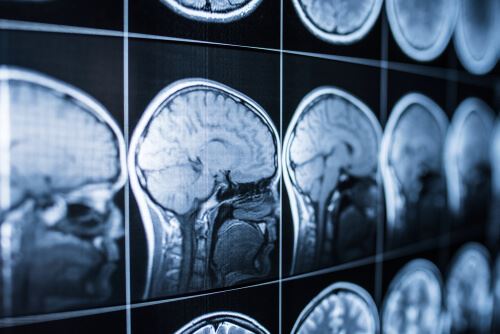Football is widely considered the most popular sport in America. From the Super Bowl to Friday Night Lights, football plays a large role for many families and communities. Currently, youth football is as popular as ever. USA Football estimates almost 3 million kids under the age of 14 play tackle football—that number hasn’t dropped in the last half-dozen years. But as a contact-heavy sport, legitimate concerns exist regarding brain injuries caused by tackling. The science on brain injuries and their effects have greatly increased in recent years. Now, many realize that even one concussion or traumatic brain injury can lead to immediate and long-term health consequences.
Children Are Vulnerable To Head Trauma
Dr. Robert Cantu, a neurosurgeon specializing in child head trauma, recently told NPR that children are at high risk for concussions, as their brains are still developing, they have weak necks and less-developed musculature. According to the Centers for Disease Control and Prevention, every year at least 3,000 youth die from brain injury. In addition to that number, 29,000 are hospitalized and 400,000 require emergency room treatment. Research is still being done, but the CDC speculates that traumatic brain injury is the leading cause of disability in children under age 14.
Causes & Symptoms Of Concussions
While growing in public consciousness, football is by no means the only cause of youth head trauma. Car accidents, other contact sports, and falls may all result in a traumatic brain injury. The brain is protected from everyday bumps by cerebrospinal fluid inside the skull. This is sufficient protection against most light knocks. In a violent collision, however, if brain slams up against the skull it can cause serious damage. Sudden acceleration or deceleration can also cause the same type of brain damage.
Symptoms that develop right away include dizziness, nausea, confusion, and memory loss. In severe cases, the brain could bleed, which can be fatal. If a second concussion occurs before the first has healed, it can lead to more serious brain swelling.
Potential For Long-Term Damage
Including adults, nearly 2 million Americans receive a TBI each year, according to the Perelman School of Medicine at the University of Pennsylvania. The school recently conducted a study that found even just a single instance of TBI may have long-term effects on an individual. Survivors of a single incident of TBI showed an increase in signs of Alzheimer’s disease and other neurodegenerative conditions. This means that traumatic brain injuries not only create initial health concerns, but also long-term ones that may appear later on in an individual’s life.
Responding To TBI Caused By Others
Traumatic brain injuries can cause devastating and lifelong health consequences, including the potential for incredibly high medical costs. TBIs can also prevent sufferers from working, engaging in normal activities, and pursuing a full life.
Victims of personal injury accidents who have suffered a TBI should contact a seasoned lawyer who is experienced in handling these types of cases. Biren Law Group has a proven track record of success in regards to recovering compensation for TBI victims.
Allow us to review your case today by filling out a free case evaluation.

